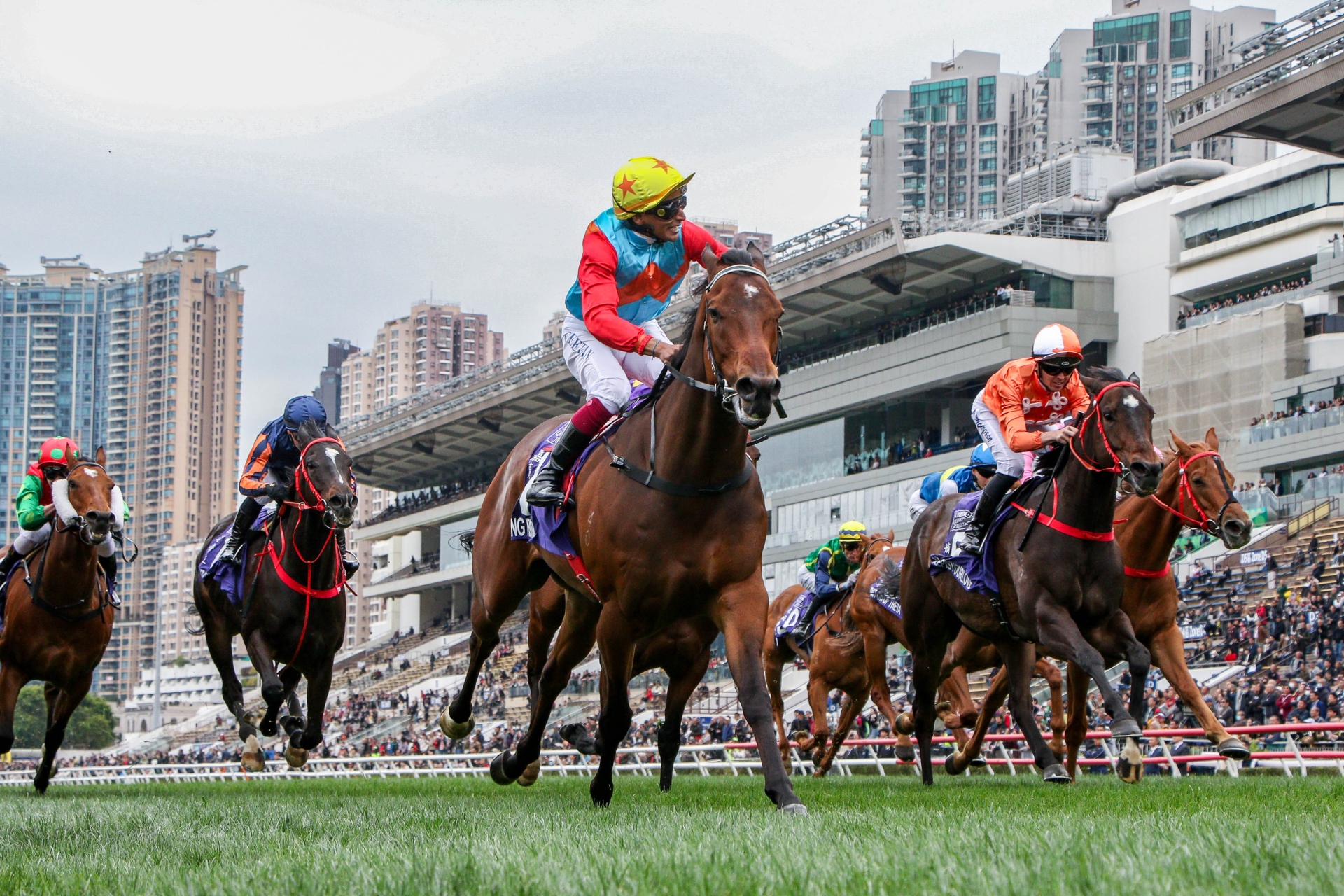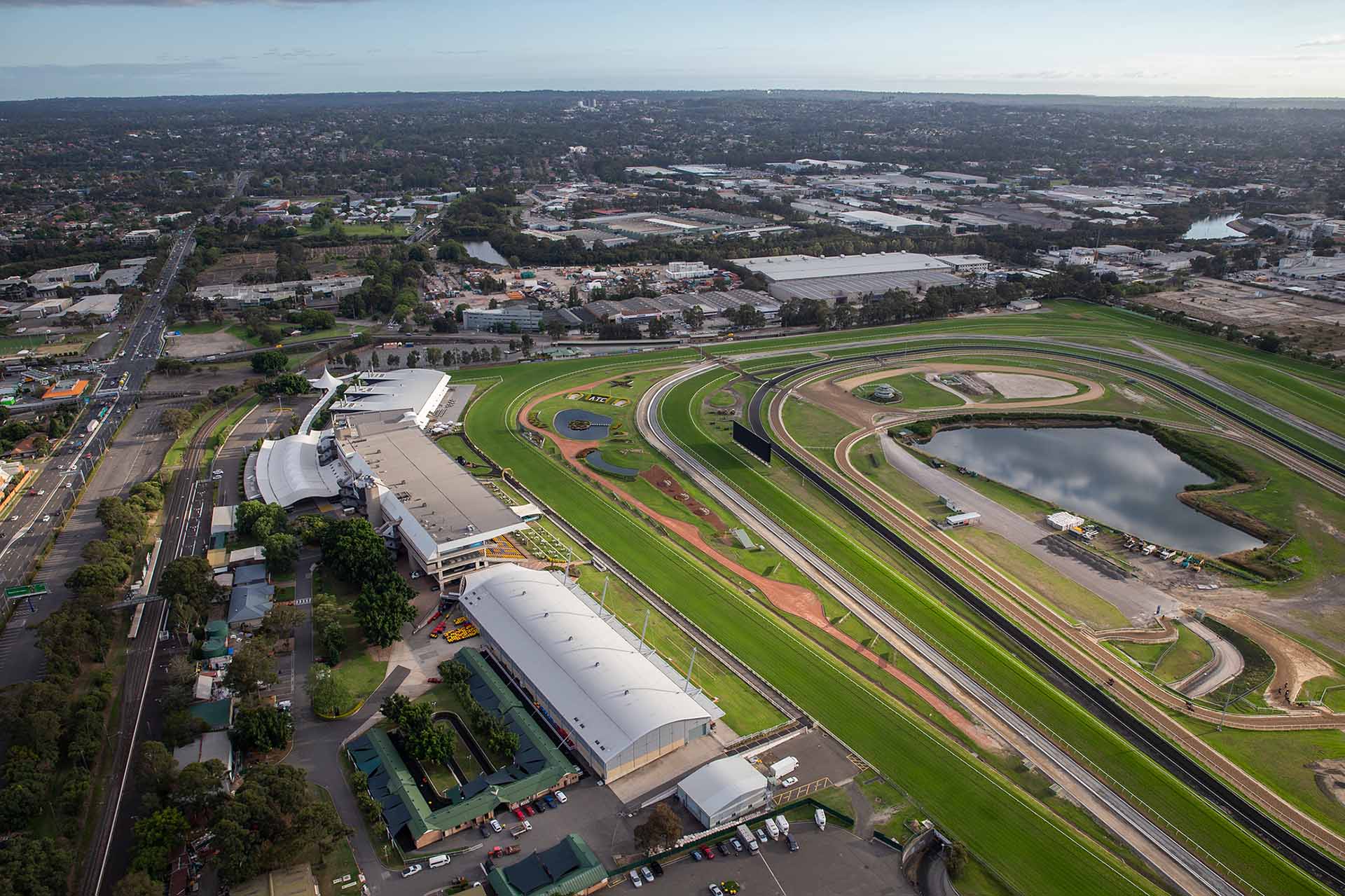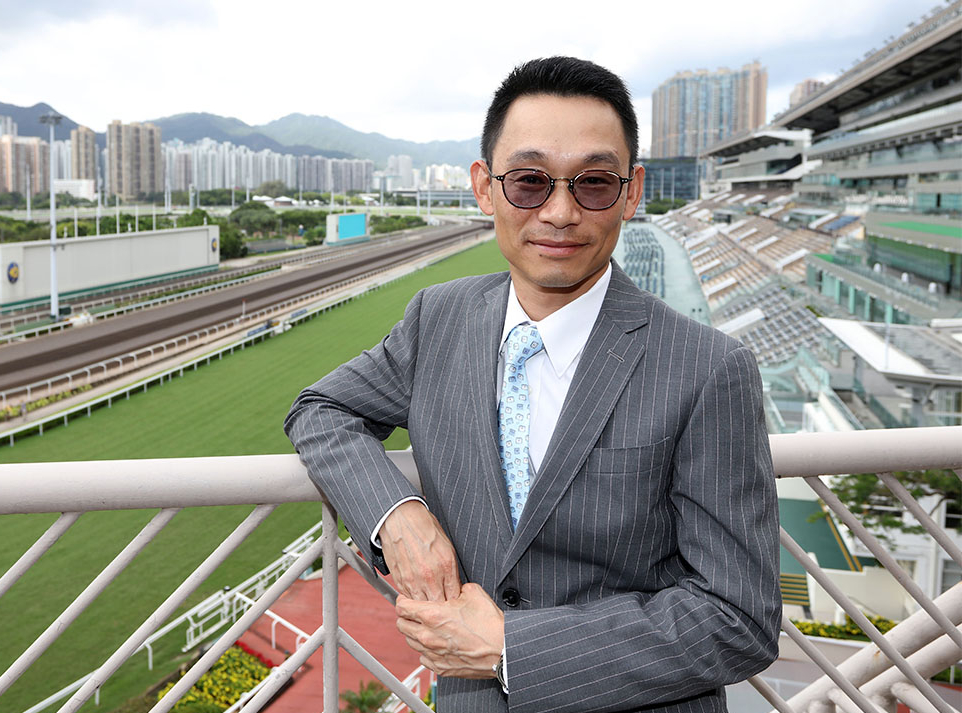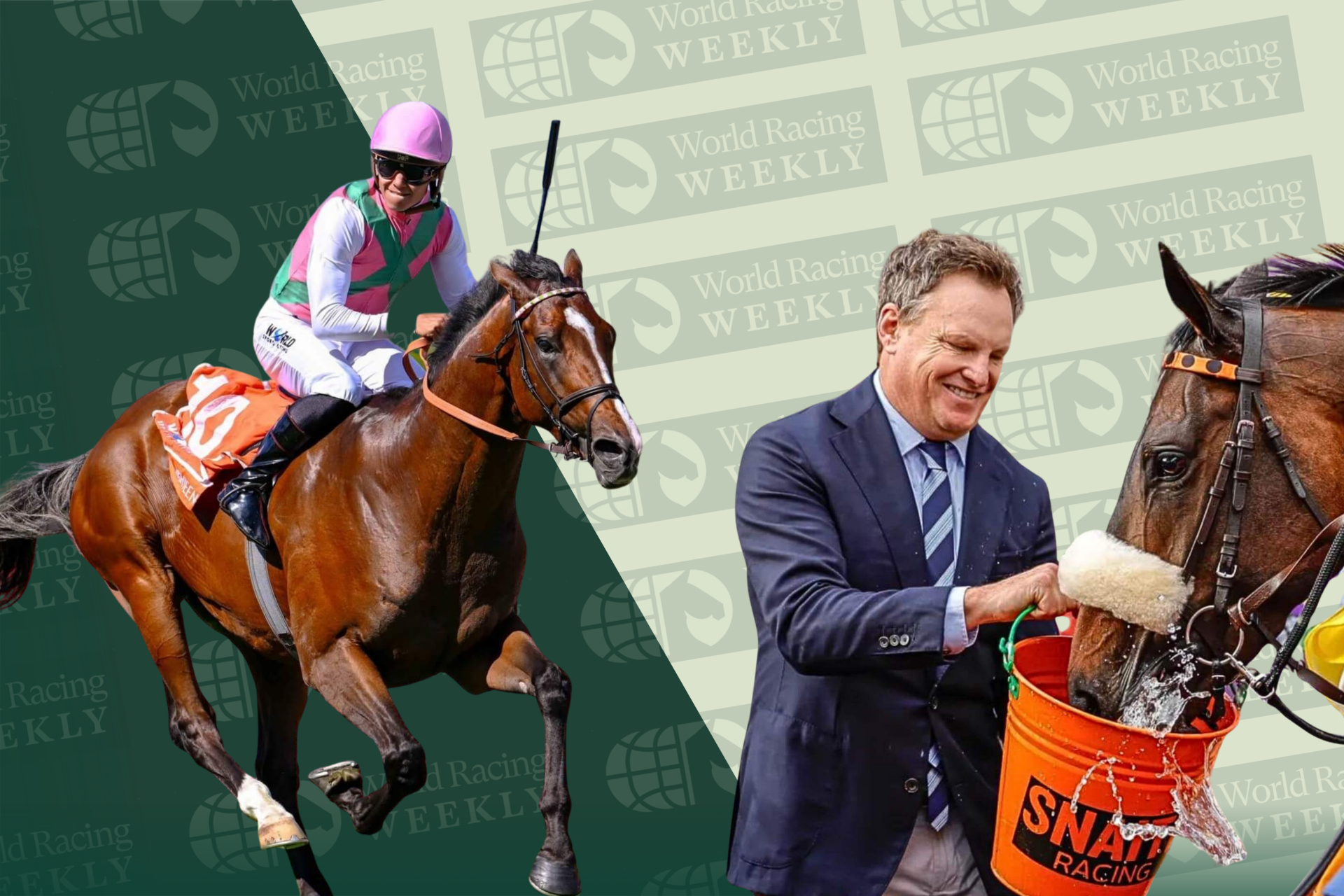In the minutes after Sydney’s tabloid newspaper The Daily Telegraph published a story that Ka Ying Rising’s spot in The Everest would be confirmed within hours, mild panic swept through the offices of the Australian Turf Club (ATC).
It had been a torrid fortnight for Sydney’s sole race club, which had watched a one-time A$5 billion proposal for the sale of its most valuable asset, Rosehill Gardens racecourse, slip through its fingers when members torpedoed the sale.
In the days since, the same cartel of members which swayed the count have upped the ante to have ATC chairman and pro-sale advocate Peter McGauran removed.
For more than six months, the ATC had been carefully negotiating with the Hong Kong Jockey Club and trainer David Hayes for Ka Ying Rising, the world’s best sprinter, to headline the A$20 million The Everest at Royal Randwick later this year.
They wanted the horse to race under its $700,000-a-year slot, in which investors broker deals with connections of star horses for one of 12 positions in the race.
But when the story of the ATC’s imminent coup flooded horse racing’s online world, there was one problem: there was no ink dry on any contracts.
Further still, the ATC were suspicious Australia’s largest bookmaker, Tabcorp, was still trying to sway Ka Ying Rising to run under their banner.
“It’s a buyer’s market,” a Hong Kong Jockey Club executive had said last weekend of the stampede for Ka Ying Rising to take his spot in The Everest.
And who was to argue with them?
Not since the concept of The Everest was spectacularly launched in 2017 has there been a horse which has had such a commanding grip on favouritism (Ka Ying Rising was a pre-post $1.90 favourite after his position was confirmed in the race).
Each year, by luck maybe more than design, an even but outstanding group of Australian sprinters have lined up in The Everest. It has fuelled wide open betting markets and competitive tender processes where slotholders have jostled for the best horses.
Would The Everest have been as captivating in recent years if Black Caviar, who finished her career unbeaten in 25 starts, was still around?
But Ka Ying Rising’s record meant a lot of cards would be in favour of the Hong Kong Jockey Club, who have handled negotiations on behalf of connections: clearly the world’s best sprinter, a chance to increase the global awareness of the mega money race because of the horse’s following, and the possibility of a wagering windfall through increased simulcast of Sydney racing into Hong Kong.
It perhaps explains why the ATC was so jittery about the deal being torpedoed ahead of time, when they had the most unique opportunity to spread The Everest gospel to the rest of the world.

So, what’s in the deal for Ka Ying Rising in The Everest?
Both the ATC and Hong Kong Jockey Club were guarded about the specifics of the agreement this week, other than to confirm the slot would be leased for two years with an option to extend. It’s a significant point.
Standard deals for Australian-trained horses in The Everest can include any number of factors: prize money splits, trophy handouts, designated jockey bookings, what colours the horse will carry, bonuses for winning, future breeding rights, even down to ticketing allocations on the day.
Savvy slotholders have generally reduced their risk in recent years to ensure they pocket the majority, if not all, of the earnings if a horse finishes in the second half of the field. Prize money splits such as 70-30, 60-40 or 50-50 are often written into deals if a horse finishes in the placings, which include A$7.5 million for first.
But the Hong Kong Jockey Club has already discussed the prospect of leveraging its slot for another reason: to entice more Australian and New Zealand horses to compete at its international meeting each December.
If Ka Ying Rising isn’t available to them in 2026, they can offer their Everest slot to a horse from Sydney or Melbourne on the proviso it is then campaigned at Sha Tin later in the year for the Hong Kong Sprint.
“In future years, we will use the slot to either facilitate a Hong Kong horse running or to target Australian or New Zealand sprinters to come on to the Hong Kong International Races after The Everest,” the Hong Kong Jockey Club’s executive director of racing Andrew Harding said on Thursday.
The lack of representation from Australia and New Zealand at Hong Kong’s end-of-year showpiece has been a sticking point – no sprinter from either country has lined up at Sha Tin in December in almost a decade – and perhaps this new partnership could reinvigorate the Hong Kong Sprint.
But the immediate and ongoing benefit for the ATC will be the commingling opportunities which will now exist with Hong Kong punters.
It’s believed discussions are already underway about which Sydney races will be added to the World Pool register, including marquee autumn carnival events such as the Golden Slipper.
The Hong Kong Jockey Club has proposals before local authorities for extra races to be added to their simulcast, and can only do so with their approval.
The latest proposal asked Hong Kong’s Legislative Council for permission to increase the number of simulcast meetings – those on non-Hong Kong racedays in which up to 12 races can be simulcast from anywhere in the world – from 37 currently to 53 next season and 70 by 2027. It also intends to increase the number of simulcast races – individual races which coincide with Hong Kong racedays – from 25 to 40 in the next 12 months before reaching 55 races for the 2026-27 season.
The World Pool is still a work in progress; it’s been criticised for takeout rates that can be higher than local pools, sharp price fluctuations and a recent commingling-related tech issue that cost the Hong Kong Jockey Club hundreds of millions in turnover in local currency.
But these issues are being addressed and World Pool is seen as the vehicle to reinvigorate wagering in different parts of the world. Significantly, it has the support of Hong Kong Jockey Club boss Winfried Engelbrecht-Bresges and Racing NSW supremo Peter V’landys.
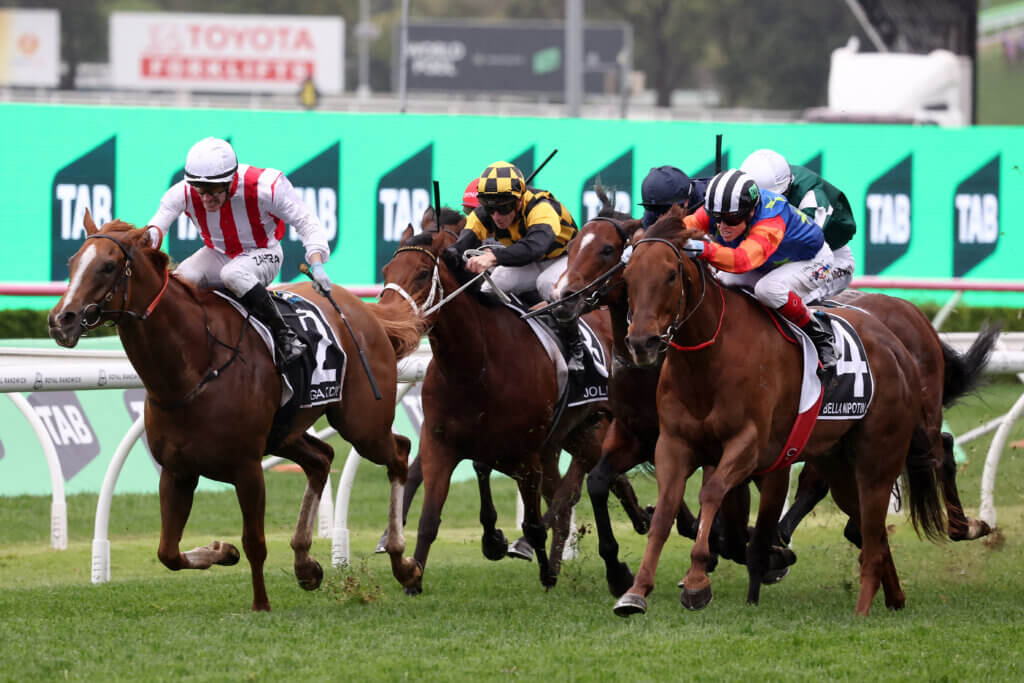
Two of world racing’s most influential men famously spent years feuding, but they have put their differences aside in recent times. Engelbrecht-Bresges investing in The Everest, a V’landys-led phenomenon, will only strengthen those ties.
The Hong Kong chief has been a regular guest in the Royal Randwick hospitality suite hosted by V’landys for major Sydney race meetings over the past 18 months. V’landys was a visitor to the Hong Kong International Races and was a panellist at last year’s Asian Racing Conference in Sapporo alongside Engelbrecht-Bresges. Collaboration between the two can only be good for the sport globally.
Without leading the charge, at least publicly, V’landys was a supporter of the generational opportunity to sell Rosehill, which ultimately fell at the final hurdle.
The saga was closely monitored by Hong Kong Jockey Club officials, who knew it further leveraged their bargaining power with the ATC. That fiscal fight won’t now be saved by bulldozing a century-old racecourse for a 25,000-home mini city to alleviate the state’s housing crisis.
It’s only on a very small scale compared to the opportunity lost with Rosehill, but Ka Ying Rising’s star power will certainly boost their coffers come October.
“He’s the world’s best sprinter and we want people talking about it,” said Nevesh Ramdhani, the ATC’s head of racing and wagering. “This may be the first of many if they see an international horse run well.
“I think it can generate even more momentum, if you can imagine that, and it will enhance the race so much on the global scale.
“There are a number of opportunities on both sides and this is really just the start of something. This is not just the ATC’s opportunity, it’s an opportunity for two industries to work a lot closer.”
The two have always been intrinsically linked through the exodus of high-profile identities from Sydney to Hong Kong: the start of the professional era took George Moore there, along with his son John Moore, then John Size at the turn of the century, and since then, top jockeys Darren Beadman, Zac Purton, Hugh Bowman and Brenton Avdulla have made the move.
Even Hong Kong’s old and new integrity chiefs such as John Schreck, Kim Kelly and Marc Van Gestel have swapped the harbour city for Hong Kong.
It’s not a new occurrence for the ATC to offer up their slot in The Everest – they previously brokered a multi-year agreement with major Hong Kong owner Bon Ho to lease the slot in exchange for a commitment to race a minimum number of horses in Sydney. One of those was Classique Legend, which won The Everest in 2020.
As good as he was, Classique Legend is no Ka Ying Rising, whose sheer profile and electric speed has done what many thought previously was impossible: bring Hong Kong and Australian officials closer than ever before. ∎

